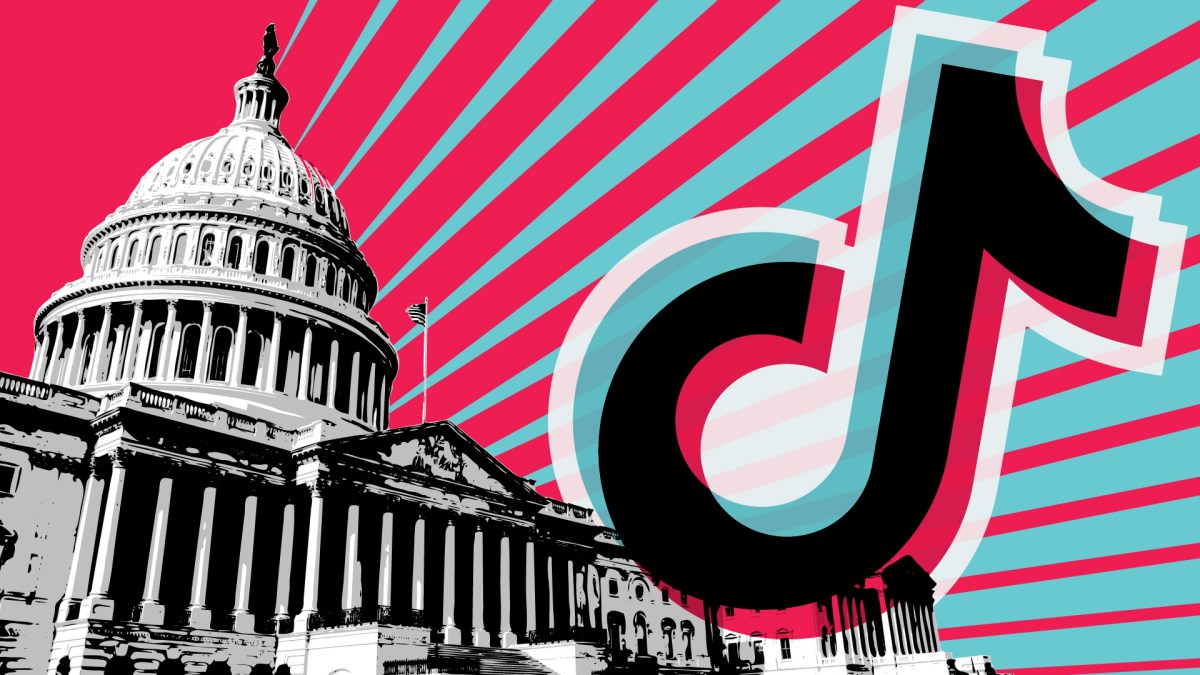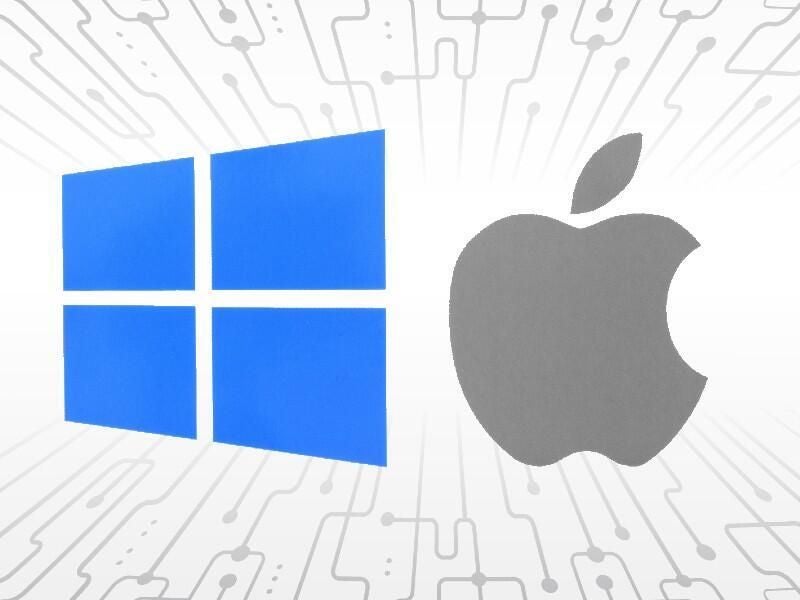
In a significant turn of events this week, the future of popular social media platform TikTok in the United States has been thrust into uncertainty. This development comes after President Joe Biden enacted legislation posing a stark ultimatum to ByteDance, the app’s parent company, urging it to divest TikTok within a nine-month framework or risk a distribution ban across the U.S. This move echoes the growing apprehension over TikTok’s operations, drawing parallels with similar bans in various countries, hinting at possible outcomes for the app in the American market.
Simultaneously, the tech and healthcare sectors were rocked by continuing repercussions from the Change Healthcare ransomware incident. Change, operating under the UnitedHealth umbrella, admitted to a significant breach earlier this year, which compromised a vast amount of private health information of what is believed to be a substantial portion of Americans.
In automotive tech news, Tesla reported a sharp 55% dip in profits amidst intensifying competition from hybrid vehicle manufacturers. The electric vehicle giant’s future strategy appears to hinge on the launch of new, more affordable models and possibly a robotaxi, as indicated by CEO Elon Musk. However, the company faces immediate challenges, notably a recall issue with the Cybertruck over concerns with the accelerator pedal.
Amidst other notable week’s developments, Amazon has introduced a new unlimited grocery delivery subscription service for Prime users, priced at $9.99 per month, which includes free delivery on orders exceeding $35 from Amazon Fresh, Whole Foods Market, and select local retailers. However, in a less favorable spotlight, Amazon has also halted its Prime Air drone delivery operations in Lockeford, California, marking a setback in its innovative delivery solutions.
In the electric vehicle sector, Fisker announced impending layoffs following a 15% workforce reduction less than two months ago. The company cited urgent cash flow needs to sustain operations, with bankruptcy looming as a possibility without an imminent financial turnaround.
Tech firm Stripe is making strategic moves by decoupling its payment processing services from its broader suite of financial products. This pivot, announced at its Sessions conference in San Francisco, signifies a major shift in the company’s operations, potentially expanding its customer base beyond existing payment services clients.
On the innovation front, AI startup Rabbit has introduced the R1, designed by the legendary Teenage Engineering firm. With its unique aesthetic, touchscreen interface, and $199 price point, the gadget aims to democratize access to AI technology. Meanwhile, Pascal has entered the luxury jewelry market with a promise to make high-end accessories more accessible through the use of lab-grown diamonds, offering a cost-effective alternative to natural diamonds.
Another intriguing development is the introduction of the Poetry Camera, an experimental device that marries art with technology by producing AI-generated poetry based on the images it captures, embodying a novel intersection between creativity and machine learning.
Lastly, Rippling, a workforce management startup, has caught the industry’s attention with a new $200 million funding round. In an exclusive interview, CEO Parker Conrad discussed the company’s growth strategies, including securing the year’s second-largest office lease in San Francisco.
This overview captures the whirlwind of activities and strategic shifts across the tech landscape, underlying themes of innovation, adaptation, and the evolving regulatory environment shaping the industry’s future trajectory.
Source






